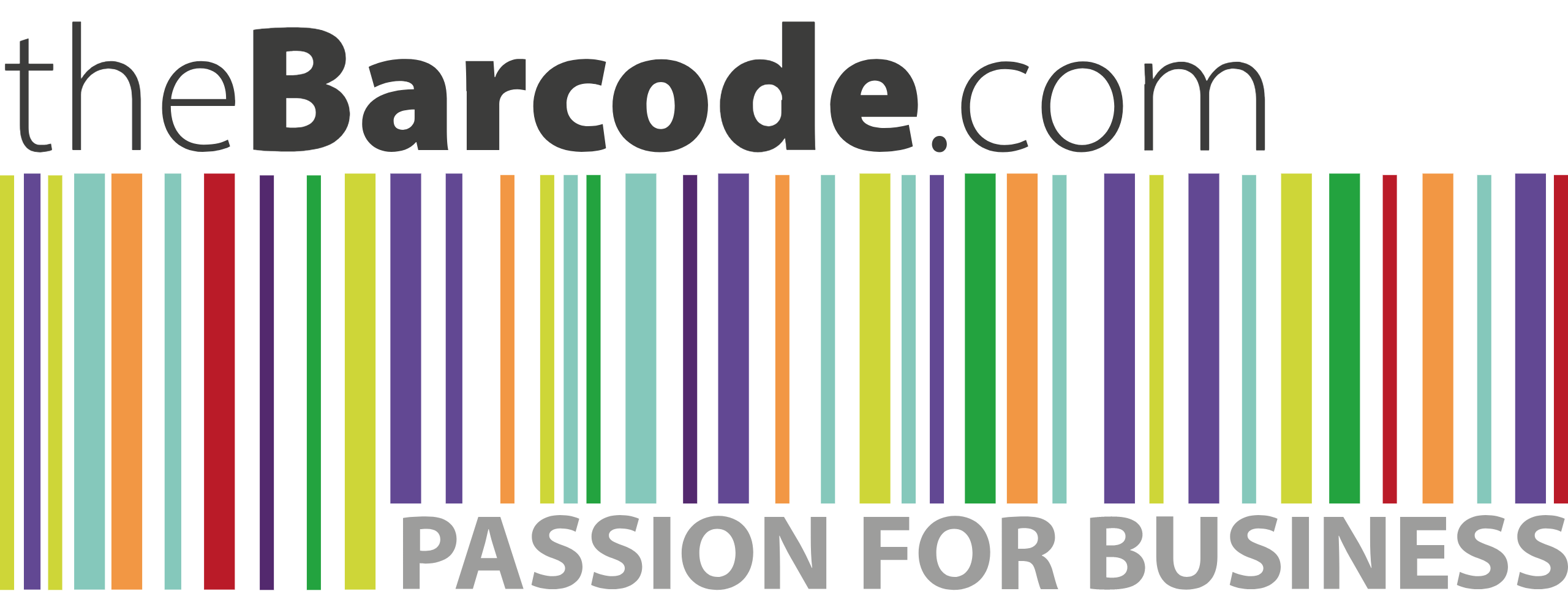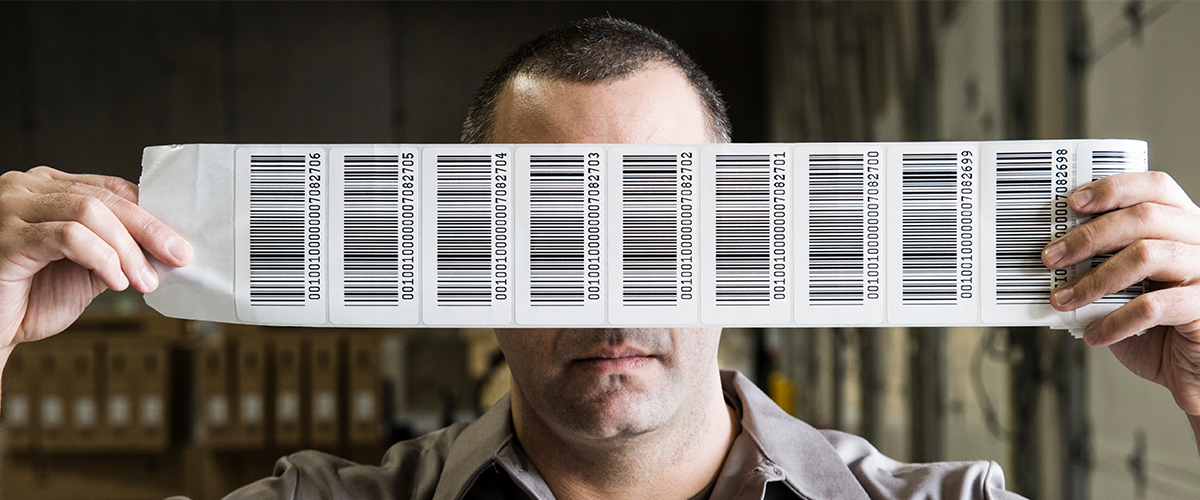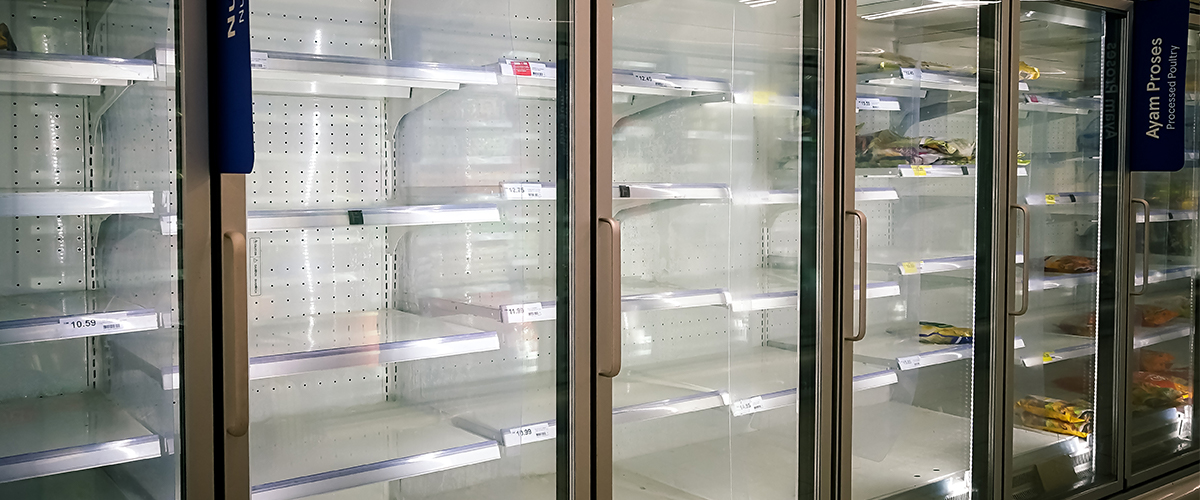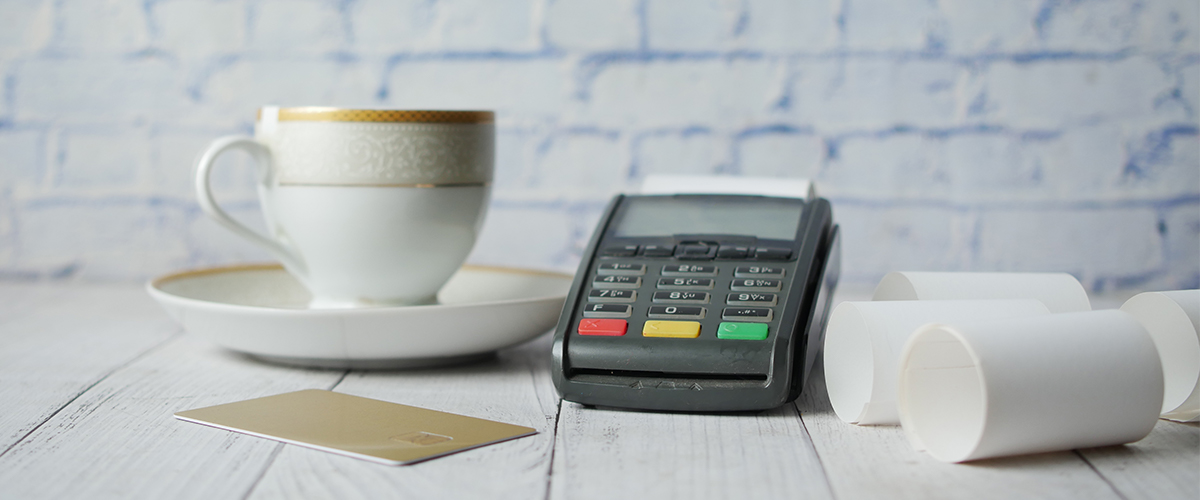Wealth Is The Prescription
The pharmacy business offers a great deal of independence and can be a very lucrative venture. Most graduating pharmacists will begin working in hospitals, large franchise operations, or small chain stores. But, over the past two decades, more pharmacists have been working towards setting up their own private boutique pharmacy businesses. However, there are franchise pharmacies and discount pharmacies on almost every street corner in all major cities, and the competition for customers is stiff.

The Pharmacy Experience
In most cases, starting a pharmacy business right after graduation is not recommended. While a new pharmacist may be well educated, starting and running a pharmacy can be tricky without solid experience in business management. We recommend that a new pharmacist secure a position in an established retail pharmacy for at least a year to gain that critical business know-how. This way, one can acquire practical knowledge of running a pharmacy business. Once you feel secure and confident, the next step is planning your new pharmacy.

How To Open My Pharmacy Busines
Setting up a successful pharmacy and then getting it up and running in a matter of months requires hard work, dedication, patience, and planning. Here we provide you with tips to help you establish a successful pharmacy business.
Provide Unique Care Pharmacy Service
To set yourself apart from the competition, offer unique services like:
- The annual flu shot
- Weight management education
- Blood pressure and diabetes screen
- Nutrition advice
- Offer mobile education
- Vaccines and immunization
- Advice to travelers
- Smoking cessation
Where Should I Open My Pharmacy?
Location, location, location- this is perhaps the most crucial aspect of your pharmacy business plan. Some of the things you’ll need to consider when looking at a site for your pharmacy include the following:
- Are there any medical clinics, physicians, or hospitals in or near that location? Patients who receive prescriptions from these facilities will usually fill them at the nearest pharmacy, or the doctor may call the pharmacy to refill a prescription.
- When looking for potential locations, try and get to know the general healthcare needs of the community. Does the area have a large elderly population or families with children?
- Depending on the location, you may need to specialize in meeting the community’s needs by offering treatments and services for children, young women, the elderly, athletes, palliative care, etc.
- Are there any other pharmacies operating in that location?
- Is there a large population that will make it viable to open a pharmacy?
- Is there much traffic in the area? This will translate to a regular flow of customers.
- Does the site have ample parking? Is the location easy to find?
- Will you be able to expand the pharmacy in the future?
So before you sign a lease, you need to physically check out the location and know the local population’s demographics.
Should I Lease Or Buy Property For My Pharmacy?
When opening your pharmacy business, the third biggest expense after medicines and payroll is your facility’s rent. Perhaps you can buy the building, or should you go for a lease? The decision to purchase or lease your facility will depend on the amount of funding you have. Leasing can help reduce the initial financial stress, but the leasing terms can be anywhere from 3-7 years in most cases. Owning your pharmacy building will provide a lifetime of security if you can swing it
Here is a list of popular commercial real estate companies:
- Crowd Street
- LoopNet
- Crexi
- Commercial Brokers Association
- Commercial Cafe
- Catylist
- Brevitas
- Office Space
- Quantum Listing
- Rofo
- SquareFoot
Another great option is to look for an established pharmacy that is up for sale. While the costs to buy an established pharmacy may be higher, the business is already operating and has cash flow, staff, and inventory. Regardless of what type of building you rent, it needs the right design. The inside should be spacious, and the space should be accessible to disabled people with ample parking for all. The overall design should be welcoming and allow for one-to-one interaction with the customer.
Buying Into A Pharmacy Franchise
If you do not want the hassles of starting from scratch, another option is to buy a franchise. Franchise owners earn anywhere from $200,000 to $300,000 per year. However, pharmacy franchises are not cheap and can easily cost $ 1 million, depending on the size. However, many new businesses only obtain the franchise name, and they cost much less—other franchise operations charge based on your gross sales per year. Either way, it is an excellent method to get into the business and a great way to make good money.
How Will You Encourage Customers To Return?
To continually attract customers, you should do the following:
- Offer incentives, coupons, and discounts
- Maintain low prices
- Provide excellent service
- Have a fast pick-up prescription service
- Offer home delivery if practical
- Offer discount to seniors
Pharmacy Business Plan
A plan is the best way to get started in the pharmaceutical business. There are already many retail pharmacies out there. Some are large franchises, which tend to crush their private competitors. Creating a business plan helps mitigate any unforeseen issues and helps you select the right path. Some of the things that you should consider in the planning include the following:
- What are my start-up costs?
- How will I fund my pharmacy?
- What permits and licenses are required to open a pharmacy?
- Should I lease or buy the building?
- How big will my pharmacy be?
- Where will my pharmacy be located?
- How many people will I employ?
- Will I open up every day of the week?
- Who is my competition, and what will I need to do to compete?
- Will there be opportunities to expand in the future?
- What are my monthly running costs?
- How will I select my employees?
- Is there a large community of older adults in the vicinity?
- Is the pharmacy easy to access? Does it have ample parking?
- Are there any physicians or hospitals nearby because healthcare professionals write the prescriptions which the pharmacy fills?
- What type of marketing plan will I need?
Here are some examples of pharmacy business plans
Build Your Own Family Pharmacy Website
Your pharmacy domain name protects your website address on the internet. You can register a domain name with any hosting company you choose.
Some of the common domain registrars include:
Here is a list of options for building a regular website.
Here is a list of drag-and-drop page builders for WordPress.
- Beaver Builder
- Elementor
- Divi
- Hubspot
- Themify Builder
- Visual Composer
- Seedprod
- Thrive Architect
- Site Origin
Family Pharmacy Licensing & Permit Requirements
Before you open your pharmacy, you’ll need to have the necessary state and federal licenses and permits, which include the following:
- Drug Enforcement Agency (DEA) number
- Employer Identification Number (EIN)
- National Council for Prescription Drug Programs (NABP/NCPDP) number
- National Provider Identifier (NPI) number
- The pharmacist must be registered with the state board and be licensed. You must display this license on the wall of your pharmacy.
Here are some law firms that specialize in pharmacy development
- Pharmacy Ownership
- Pharmacy Business
- Pharmacy Lawyer
- Pharmacies
- Pharmacy Lawyers
- MDRXLaw
- Pharmacy lawyers
- Pharmacy

Pharmacy Administrative
To function as a business, the owner will also need to obtain the following:
- Employer Identification Number (EIN)
- Federal Tax ID Number
- Payroll Tax Account
- Property Tax Account
- Sales Tax Accounts
- State Tax ID Number
Check out these links that can assist you in getting your LLC started
Here are some government links you might want to visit
IRS Website
This site by the IRS is a must-see when beginning your LLC
Develop A Good Relationship With Your Pharmaceuticals Wholesaler
A pharmacist must build a stable relationship with their wholesaler to ensure the smooth delivery of medications. The wholesaler will provide ideas on additional inventory and ensure that they deliver the drugs on time. Sometimes, one may need to rely on several wholesalers to meet the local community’s needs.
How Much Can A Pharmacy Business Expect To Make?
A pharmacy’s earnings depend on many factors, but most pharmacies have lucrative profits. Most pharmacies easily gross over $500,000 minimum a year. The pharmacist or the owner will most likely take home over $250,000 a year.

Pharmacy Financing Options
Unless you are already independently wealthy, you will need funding to start your new pharmacy. Today, banks and private lenders do offer loans for new startups. However, to be eligible for a loan, you will need to have the following:
- A viable business plan
- A good credit rating
- At least 10%-20% upfront investment
- Working capital for the pharmacy’s day-to-day operation:
Remember, insurance companies do not immediately reimburse the cost when customers buy prescription drugs. This process can take anywhere from two to six weeks. So in the meantime, you will need some working capital to continue to purchase wholesale prescription drugs. Consult with your financial advisor on how much working capital you will need.
Before you walk into a bank for a loan, prepare and have a complete business plan. In general, opening a startup pharmacy is considered a moderate risk for failure, and thus, the lender will ask difficult questions.
Here are a few of your pharmacy funding options
Small Business Administration
The Small Business Administration, SBA has a program to fund new startups and is worth a look
How Long Does It Take For A Start-Up Pharmacy To Make A Profit?
One has to be realistic. In most cases, a new startup pharmacy may not see a profit for a minimum of 3-6 months, assuming one has developed a good plan. It takes time to build a customer base and network of medical professionals in the vicinity to begin using your services. Plus, people tend to go to one pharmacy for years, and it will take time to change their minds.
Don’t Forget Your Pharmacy Insurance.
Business insurance is required if you want to operate your pharmacy legally and safely. While there are many types of insurance, the most important is general liability insurance. This insurance will protect the pharmacy’s financial well-being in litigation. Also, if you hire two or more employees in almost every state, you will need workers’ compensation insurance.
Here is a list of some standard insurance companies
- Biberk
- Three Insurance
- Next Insurance
- Thimble
- Geico
- Insureon
- Mercury Insurance
- Allstate
- Chubb
- CNA
- Farmers Insurance
- Huckleberry
- State Farm
- Hiscox
- Nationwide
- The Hartford
- Travelers-Business Insurance
- Liberty Mutual
- Progressive Commercial
What Are Some Costs When Starting A Pharmacy Business?
The startup costs for a pharmacy depend on many factors based on location, number of employees, initial inventory, and rent. In general, the costs are as follows:
- Rent: $5,000 – $15,000 a month
- Over-the-counter inventory: $50,000 – $100,000
- Prescription medications: $100,000
- Licenses and permits: $1,000 – $3,000
- Employee salaries (minimal two): $4,000 – $7,000/per month
- Utilities: $1,000
- Marketing: $500
- Appliances: Computer, software programs: $5,000
- Equipment: Blood pressure monitoring, weight scale, etc.: $500
- Miscellaneous: $5,000
- Pharmacist salaries: $15,000 a month
Most wholesalers know that cash flow may be problematic when a pharmacy has just opened up. Thus, they will usually supply products and services for 3-6 months before asking for payment. Generally, one will need a minimum of $350,000 – $500,000 to start a pharmacy.
Ongoing Pharmacy Expenses?
Hands down, one of the most significant expenses of running a pharmacy is purchasing prescription medications. The pharmacy should have enough medicines to meet the demand for four weeks. At the same time, the pharmacist should ensure that no medication has expired before dispensing. Depending on the volume of medicines sold, one may need to buy at least $100K worth of prescription medications a month.
The next most significant expense is, of course, your payroll. Pharmacy technicians make between $15 – and $22 an hour, so you’ll need to stay ahead of those costs. The third biggest expense is rent.
Create My Pharmacy Team
Like most businesses, a team approach is necessary when opening a pharmacy. There are many other factors involved in running a pharmacy besides dispensing medications. Your team should include the following:
- A healthcare lawyer will read over any contracts and help you navigate the rules and regulations of running your pharmacy. Your lawyer will also assist you with setting up your pharmacy as a legal entity- this may be an LLC, incorporation, partnership, or sole proprietorship.
- A senior pharmacist must have an experienced pharmacist on board if possible. This professional can provide you with practical information on running a pharmacy and avoiding pitfalls.
- You will also need to enlist other professionals, including financial advisors, accountants, real estate agents, IT professionals, and insurance brokers. Finally, you will need help from a designer to help create a physical plan for your pharmacy’s interior.
Hiring And Training Pharmacy Employees
Hiring and training the right employees is vital for success. It would help if you took the time to hire those looking for long-term employment. Interview every candidate to determine their skills and education. Provide all employees with a job description and your vision and plans. Look for candidates who share your vision and values.
Once you have acquired your team, provide them with adequate training in customer service. Establish trust and always communicate with the employees about their performance with time. At every opportunity, motivate the employee and, if applicable, offer rewards.
Here are some pharmacy staffing agencies found online
- Pharmacy Staffing Agencies
- Pharmacy Staffing
- Pharmacy Staffing
- Healthcare Consultants
- Medical Pharmacy Staffing
How To Market My Pharmacy?
There are several ways to market your pharmacy. They include the following:
- Create flyers
- Create a website
- Make your presence known on social media platforms like Facebook, Instagram, etc.
- Become part of the community by joining the local Chamber of Commerce.
- Be an active participant at your child’s school and sponsor a minor league event.
- Talk to businesses, clinics, and other healthcare workers to inform them about your pharmacy. Leave flyers with your name, address, phone, and email address everywhere you go.
- Plan an event that targets your local population by offering free diabetes, high blood pressure screening, and nutritional advice
- Place ad in the community newspaper and local radio station
- Be a guest on a radio talk show where you discuss health issues
Here are a few pharmacy marketing ideas
- Pharma Marketing Agencies
- Top Healthcare Marketing
- Pharmaceutical Digital Marketing
- Pharmaceutical Marketing
- Top Pharmaceutical Marketing
Attract Potential Pharmacy Customers
Once you have created a plan and assembled the team, you need to perform a few dry runs before opening to the public.
- Organize the inventory and experiment with different displays to determine which is the ideal location for your products
- Ask your staff to roleplay as customers and perform dry runs to assess any issues in the workflow.
- A few weeks before opening, Distribute flyers in your local community to determine the response.
- Distribute questionnaires in the neighborhood to determine the public reaction to a new pharmacy
While all this may sound tedious, it is part of the leg work required if you want your pharmacy business to run smoothly and make a profit.

What Supplies Are Needed In A Pharmacy?
Some of the essential supplies and inventory required in a pharmacy include the following:
- Over-the-counter products
- Prescription medications
- Secure storage for medications
- Computer system with appropriate software
- Weighing devices
- Mortars and pestles
- Spatulas and stirrers
- Glass measures (beakers, flasks, graduated cylinders
- IV materials (syringes, vials, IV fluids, and needles).
- Personal protective equipment (PPE) (gloves, masks, and goggles are needed when compounding medications)
- Blenders and emulsifiers
- Computer-based dispensing equipment
- Accounting software
- Tube filling machines
- Automated bottle-filling machines
- Software for prescription drug monitoring programs (PDMPs) and Electronic prescribing of controlled substances (EPCS).
Here are a few pharmaceutical supply companies
- Pharmaceutical Distribution
- Pharmaceutical Distributors
- Total Pharmacy Supply
- A-Plus Corporation
- Pharmaceutical Distributors
- Pharmaceutical Suppliers
What Kind Of Tech Will I need?:
The pharmacy business has gone high-tech, and it is essential to incorporate the latest technology into your systems. This may include adding the following apps:
- Mobile HIPAA compliance
- Two-way messaging
- Patient Education
- Mobile drug delivery
- Mobile refills
- Inventory
- Tracking customers
Conclusion
Finally, creating an excellent first impression is vital, leading to a long-lasting relationship. Strengthening your relationship with the community will increase your popularity and encourage more customers to come to your store.










